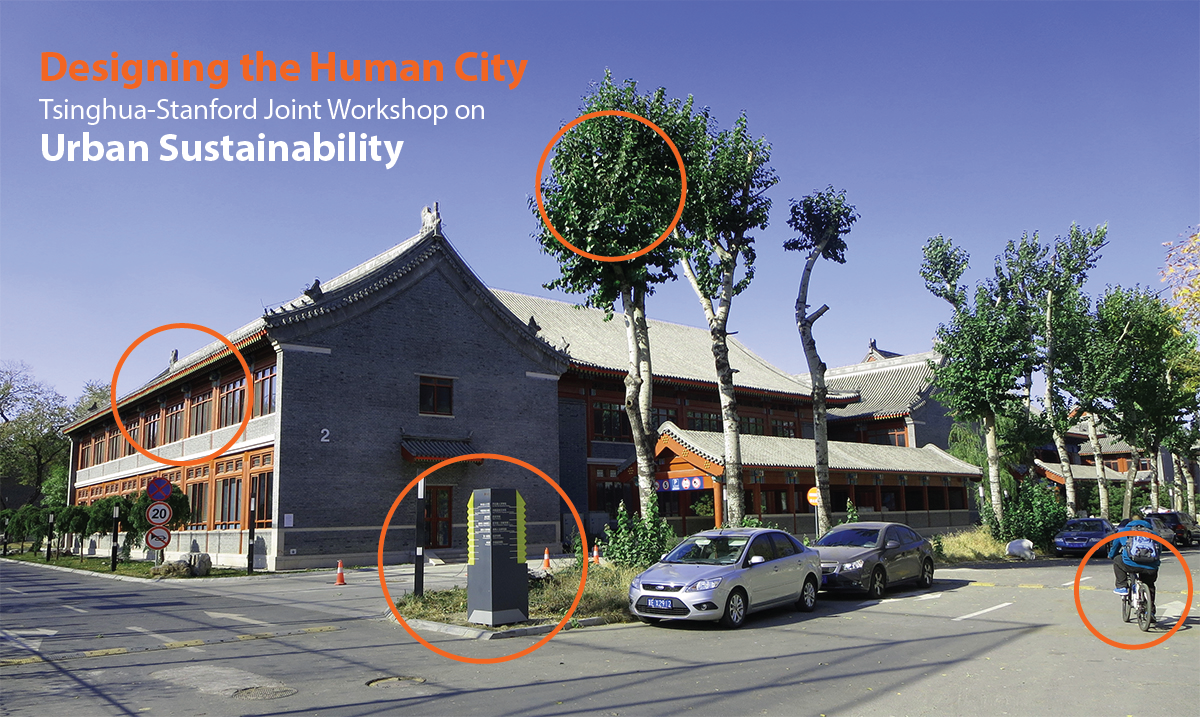
In this collaborative workshop, participants will develop their skills in observation, empathy, and creativity. Guided by Deland Chan and Kevin Hsu of Stanford University’s Program on Urban Studies, and Zhiyong Fu, of the Tsinghua University Department of Information Art & Design, participants will learn to “read” cities and neighborhoods, and come to understand the phenomenon of sustainable urban development at the human scale.
The workshop is open to a select group of Tsinghua and Stanford students from interdisciplinary backgrounds. The central theme is “The Human City: Designing for People,” with a focus on improving people’s quality of life and their relationship to the urban environment. Students will engage with Beijing as an urban laboratory, meet with sustainability experts (from scholars to NGO practitioners in fields such as energy, transportation, and heritage preservation), and connect directly with citizens, to understand their lives and livelihoods in the city.
Multinational teams will unpack and analyze issues using a range of sustainability indicators (including environmental, economic, social and cultural indicators), test different methods of observing public life used by planning and architecture firm, and produce a variety of media (including video, digital and print media) to capture impressions and share data about the city. Teams will also devise creative new metrics to describe urban phenomena.
Participants will present their findings at the Tsinghua Academy of Art & Design on Sept 20 and build an exhibit for the Smart City Expo as part of Beijing Design Week 2014, taking place between Sept 25-30.
Join a unique experience learning, thinking, and doing that includes:
#Field Research
Practice need-finding and building empathy for multiple urban stakeholders. Utilize observational methods from planning and architecture firms, anthropology and product design. Conduct video interviews of city experts, defined as both practitioners and those with lived experiences.
#Experiential Learning
Conduct on-site observations in Beijing: measuring, analyzing, and observing public life and spaces. Collaborate with multinational teams of students from China, the United States, the UK and France.
#Design Thinking
Practice brainstorming, creativity, and generating out-of-the-box ideas. Come up with novel metrics to describe and measure the urban indicators that you deem important.
#Engagement & Reflection
Take part in personal and group reflections. Critique and rethink traditional methodologies. Develop a sense of values and purpose to inform your research, design and community work.
#Storytelling
Analyze data, summarize trends, and package findings into a coherent narrative. Make use of data visualization. Create videos and stories for digital and print media.